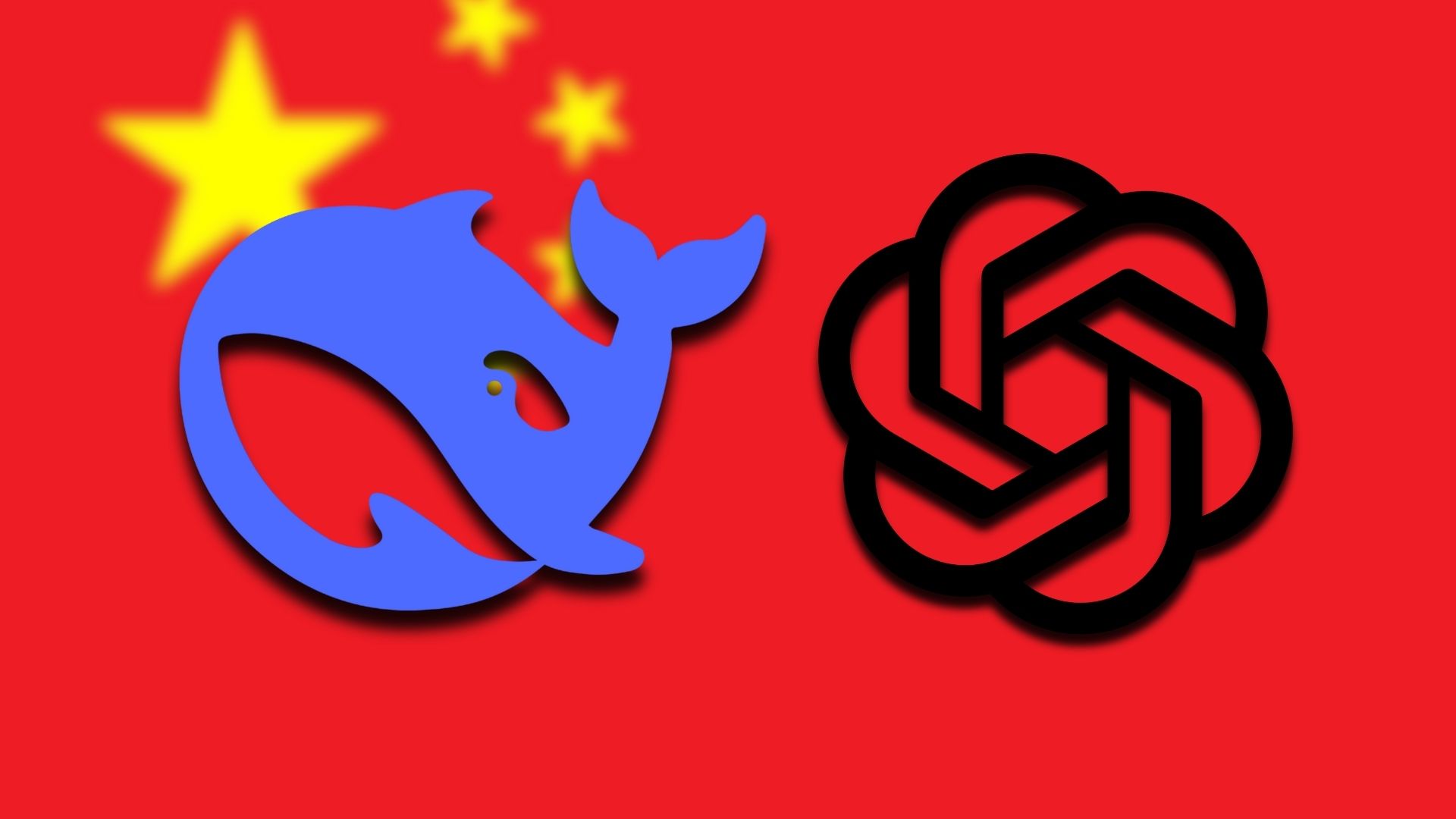Educators in the US are increasingly using AI to address resource shortages, despite growing frustration with fragmented digital platforms. A new survey highlights rising dependence on AI tools across schools and universities in the US.
The study found many educators in the US juggle numerous digital systems that fail to integrate smoothly. Respondents said constant switching between platforms adds to workload pressures and burnout in the US education sector.
AI use in the US is focused on boosting productivity, with educators applying tools to research, writing and administrative tasks. Many also use AI to support student learning as budgets tighten in the US.
Concerns remain in the US around data security, ethics and system overload. Educators said better integration between AI and learning tools could ease strain and improve outcomes in the US classroom.
Would you like to learn more about AI, tech and digital diplomacy? If so, ask our Diplo chatbot!










